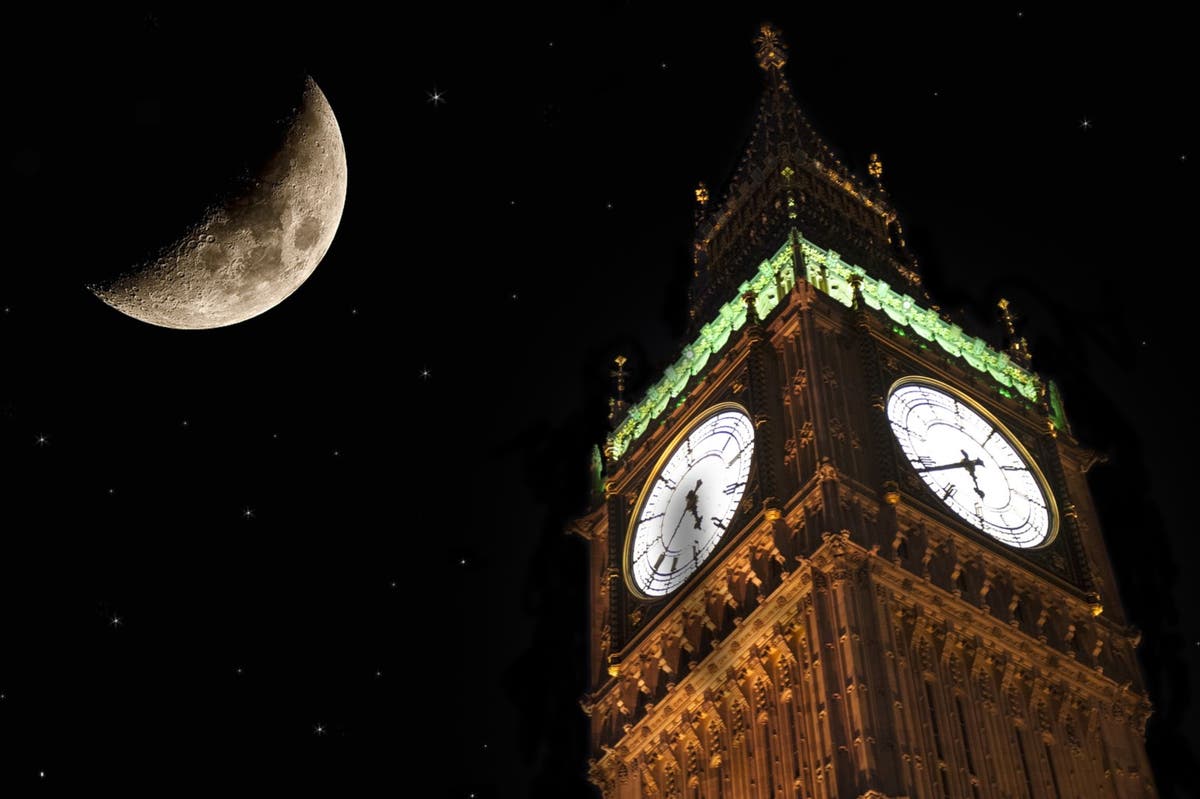Coordinated Lunar Time (LTC) needed due to differing gravitational forces
Nasa is working to create a new standard of time for the Moon that will see clocks move faster than on Earth, according to a White House memo.
The US Office of Science and Technology Policy (OSTP) directed the US space agency to set up a moon-centric time reference system that accounts for its differing gravitational forces.
In a memo on Tuesday, OSTP chief Arati Prabhakar noted that Earth-based clocks would appear to lose 58.7 microseconds per Earth-day as a result of these factors.
Nasa has until 2026 to set up a unified time standard, which Ms Prabhakar referred to as Coordinated Lunar Time (LTC). It will then be used by astronauts, spacecraft and satellites that require highly accurate timekeeping.



So atomic decay is dependant on gravity?
Atomic clocks don’t use atomic decay. They used the frequency of the light emitted by a very specific energy change, within an atom, under very controlled conditions.
The frequency of light will look the same on the moon. However, an observer on earth would see a very slightly different frequency from the moon clock.
The way I understand it is that time itself is altered by gravity and/or velocity. So atomic decay that occurs on a very specific cadence in each reference frame will not occur simultaneously in 2 or more different reference frames that are not in the same gravity, moving at the same velocity. There’s even a measurable though very small difference in the passage of time between sea level and high mountains due to the difference in gravity. I’m leaving a lot out and there’s a bunch of math involved, but i think that’s mostly correct.